
What Is the Gut-Brain Axis and Its Influence on Gut Health?
Have you ever felt butterflies in your stomach before a big event or experienced a knot in your gut when stressed? These sensations highlight a powerful and complex connection between your gut and brain, known as the gut-brain axis. I first noticed this link when I realized how my anxiety seemed to affect my stomach and digestion. Consequently, this led me to explore the fascinating role of the Enteric Nervous System (ENS), often referred to as the “second brain,” and its profound influence on both digestive health and mental well-being.
The ENS is not just a passive part of your body’s digestive system; rather, it actively communicates with the brain through a network of 500 million neurons in the gut. This constant interaction influences everything from mood regulation to how you experience stress and anxiety. By understanding the role of the ENS in the gut-brain axis, we can better appreciate how gut health affects mental health—and vice versa.
The Enteric Nervous System: Your Second Brain
The Enteric Nervous System (ENS) is a massive network of neurons embedded within the walls of your gastrointestinal (GI) tract. Stretching from the esophagus to the rectum, this system functions semi-independently from the Central Nervous System (CNS) and is responsible for regulating many critical digestive processes, including:
- Muscle contractions (known as peristalsis) that move food through the digestive tract.
- Secretion of digestive enzymes that break down food into nutrients.
- Regulation of blood flow to ensure that nutrients are absorbed efficiently.
What makes the ENS particularly remarkable is that it not only manages these physical processes but also communicates directly with the brain via the vagus nerve. This bidirectional communication is the foundation of the gut-brain axis, allowing your gut to influence your mood, stress levels, and even cognitive function.
The connection between the ENS and CNS is intricate and far-reaching. The vagus nerve acts as the primary communication highway, sending signals between the gut and brain. However, this communication isn’t just about digestion—it plays a significant role in regulating emotions and mental health. For example, the ENS contains neurons that produce and respond to neurotransmitters such as serotonin and dopamine, which are critical for mood regulation.
In fact, up to 90% of the body’s serotonin—a neurotransmitter that helps stabilize mood and well-being—is produced in the gut. Therefore, when the gut is imbalanced, it can lead to disturbances in these neurotransmitters, potentially contributing to anxiety, depression, and other mental health issues.
Gut-brain Axis: A Fascinating Connection
The gut-brain axis is a complex, two-way network that plays a crucial role in both digestion and mental health. Disruptions in the gut, such as inflammation or digestive disorders, can profoundly impact mood, thoughts, and even cognitive performance. For instance, 90% of serotonin, a neurotransmitter essential for regulating mood, is produced in the gut. Additionally, certain beneficial gut bacteria, like Lactobacillus and Bifidobacterium, produce GABA, another neurotransmitter that helps manage stress and improve memory function.
Maintaining this delicate balance between the gut and brain is essential for mental wellness. When this balance is disrupted, it can lead to mental health challenges. On the other hand, maintaining a healthy gut can improve emotional regulation and cognitive function.
The Role of Gut Microbiota in Gut-Brain Communication
While the ENS manages many digestive functions, the gut microbiota—the trillions of microorganisms in your digestive tract—also plays a significant role in the gut-brain axis. These bacteria, viruses, and fungi directly influence how the ENS communicates with the brain, affecting everything from digestion to mental health.
Gut Microbiota’s Role in Mental Health
Strengthening the Gut-Brain Connection: Lifestyle and Diet
Maintaining a healthy gut-brain connection requires more than just probiotics. Lifestyle and dietary choices play a crucial role in balancing the gut and mind. Here are a few key strategies to support ENS function and improve both digestive and mental health:
- Eat a Fiber-Rich Diet: Fiber serves as food for beneficial bacteria in the gut, helping them thrive. Include plenty of whole grains, fruits, and vegetables to promote microbial diversity and gut health.
- Include Probiotics and Prebiotics: Probiotics add good bacteria, while prebiotics (found in foods like bananas, onions, and garlic) feed them, fostering a healthy microbiome. Together, they help maintain a solid gut-brain connection.
- Exercise Regularly: Regular physical activity has been shown to improve gut function and increase microbial diversity. Exercise also boosts mood, further enhancing the gut-brain axis.
- Manage Stress: Chronic stress disrupts gut health by affecting the microbiota and ENS function. Incorporating yoga, meditation, or mindfulness practices can help reduce stress and improve mental and gut health.
- Get Enough Sleep: Sleep deprivation can negatively impact gut health by altering the balance of gut bacteria. Aim for 7-8 hours of quality sleep each night to support your gut-brain connection.
| Dietary Component | Positive Effects | Examples |
|---|---|---|
| Probiotics | Introduce beneficial bacteria | Yogurt, Kefir, Kimchi |
| Prebiotics | Feed beneficial bacteria | Bananas, Onions, Oats |
| Omega-3 Fatty Acids | Support brain health | Fish, Flaxseeds |
| Fiber | Promote digestive health | Whole Grains, Vegetables |
Conclusion: Nurturing the Gut-Brain Connection for Better Health
Focusing on dietary choices, probiotics, and stress management can strengthen your gut-brain connection and improve your digestive and emotional health. As research into the gut-brain axis continues, it’s becoming increasingly clear that maintaining a healthy gut is essential not only for physical health but also for mental well-being. By nurturing this connection, we can take control of our overall wellness and promote a more balanced, healthier life.
FAQ
Q: What’s the connection between gut health and mental health?
Q: What is the Enteric Nervous System?
A: The Enteric Nervous System, or ENS, consists of over 100 million nerve cells lining our gut. It’s often called our “second brain” because it handles digestion, from releasing enzymes to absorbing nutrients and managing bowel movements. Though it works independently, it talks to our brain, affecting our feelings.
Q: How does the ENS control digestion?
A: The ENS manages digestion by managing enzyme release and food breakdown. It also handles blood flow for nutrient uptake and coordinates muscle movements to ensure we process food smoothly and efficiently.
Q: How does communication between the ENS and CNS work?
A: The ENS and CNS communicate through neural, hormonal, and immune pathways. This intricate conversation affects our brain and mood, highlighting the vital link between our gut and mental state. Consequently, it is crucial for understanding issues like irritable bowel syndrome (IBS).
Q: What is the composition of gut microbiota?
Q: How does gut microbiota affect immune function?
Q: What is the correlation between gut microbiota and mental health?
A: Our gut bacteria significantly influence mental health by producing and interacting with neurotransmitters like serotonin and GABA. When gut bacteria become imbalanced, they have been linked to mood disorders and other mental health issues. Therefore, keeping our gut bacteria healthy is crucial for maintaining positive mental well-being.
Q: What are gut-brain communication pathways?
A: Communication between our gut and brain uses neural signals, hormonal signals, and the immune system. This complex conversation plays a big part in our digestive and mental health.
Q: What role do neurotransmitters play in the gut-brain relationship?
Q: How does an imbalance in the gut affect mental health?
A: An unbalanced gut can mess with our neurotransmitter production, leading to mood disorders and mental health issues. Fixing these imbalances can keep our minds healthy.
Q: What foods promote gut health?
A: For a healthy gut, eat fruits, vegetables, whole grains, and fermented foods. These foods provide fiber and omega-3s, improving our gut bacteria. Probiotic and prebiotic foods also boost gut health and may make us feel better.
Q: Why are probiotics and prebiotics important?
A: Probiotics and prebiotics keep our gut healthy. Probiotics are good bacteria, while prebiotics feed them. They help with immunity and digestion and might even make us happier.
Q: What dietary tips support a healthy gut-brain axis?
A: A diet rich in fiber, omega-3s, probiotics, and prebiotics supports a happy gut and brain. Reducing stress, carefully using antibiotics, and getting enough nutrients also help keep this connection strong.
Q: What pharmaceutical interventions target the gut-brain axis?
A: Some drugs, like antidepressants, can ease IBS symptoms and balance our brain’s chemicals. These treatments aim to improve both gut health and mental state.
Q: How are mind-body therapies used in gut-brain treatments?
A: Therapies like CBT improve gut-brain communication. They can lower stress and promote gut health, holistically treating mental and gastrointestinal issues.
Q: Can probiotic supplementation improve mental health?
A: Probiotics might boost mental health by balancing gut bacteria and boosting neurotransmitter levels. Early studies suggest they may ease anxiety and depression, showing the potential for overall mental wellness.
Source Links
General Gut-Brain Connection
- What To Know About the Gut-Brain Connection
- The Brain-Gut Connection
- Gut–brain axis
- The Gut-Brain Connection: How It Works and Why It Matters for Mental Health and Nutrition
- The Gut and Brain: A Surprising Connection
Scientific Research and Insights
- Research says gut-brain axis plays role in mental health
- The Gut-Brain Axis: Influence of Microbiota on Mood and Mental Health
- The gut-brain axis: interactions between enteric microbiota, central and enteric nervous systems
- A systematic review exploring the association between the human gut microbiota and brain connectivity in health and disease – Molecular Psychiatry
Nutrition and Diet
- The Gut-Brain Connection: How it Works and The Role of Nutrition
- You are what you eat: Diet may affect your mood and brain function
- Diet and the Microbiota–Gut–Brain Axis: Sowing the Seeds of Good Mental Health
- The Role of Diet on the Gut Microbiome, Mood and Happiness
Enteric Nervous System and Disorders
- Role of the gut–brain axis in energy and glucose metabolism – Experimental & Molecular Medicine
- Modulation of the gut–brain axis via the gut microbiota: a new era in treatment of amyotrophic lateral sclerosis
- Frontiers | Therapeutic Interventions of Gut-Brain Axis as Novel Strategies for Treatment of Alcohol Use Disorder Associated Cognitive and Mood Dysfunction
Psychology and Mental Health
- Gut microbiota’s effect on mental health: The gut-brain axis
- How gut bacteria are controlling your brain
- Frontiers | Gut-Brain Psychology: Rethinking Psychology From the Microbiota–Gut–Brain Axis
Historical and Theoretical Perspectives





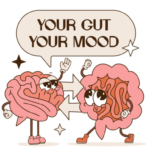



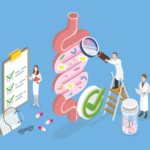







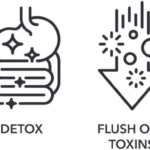
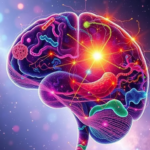


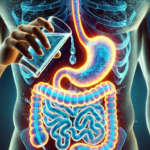
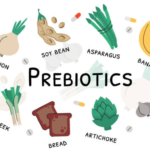
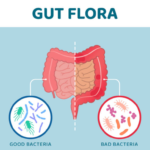







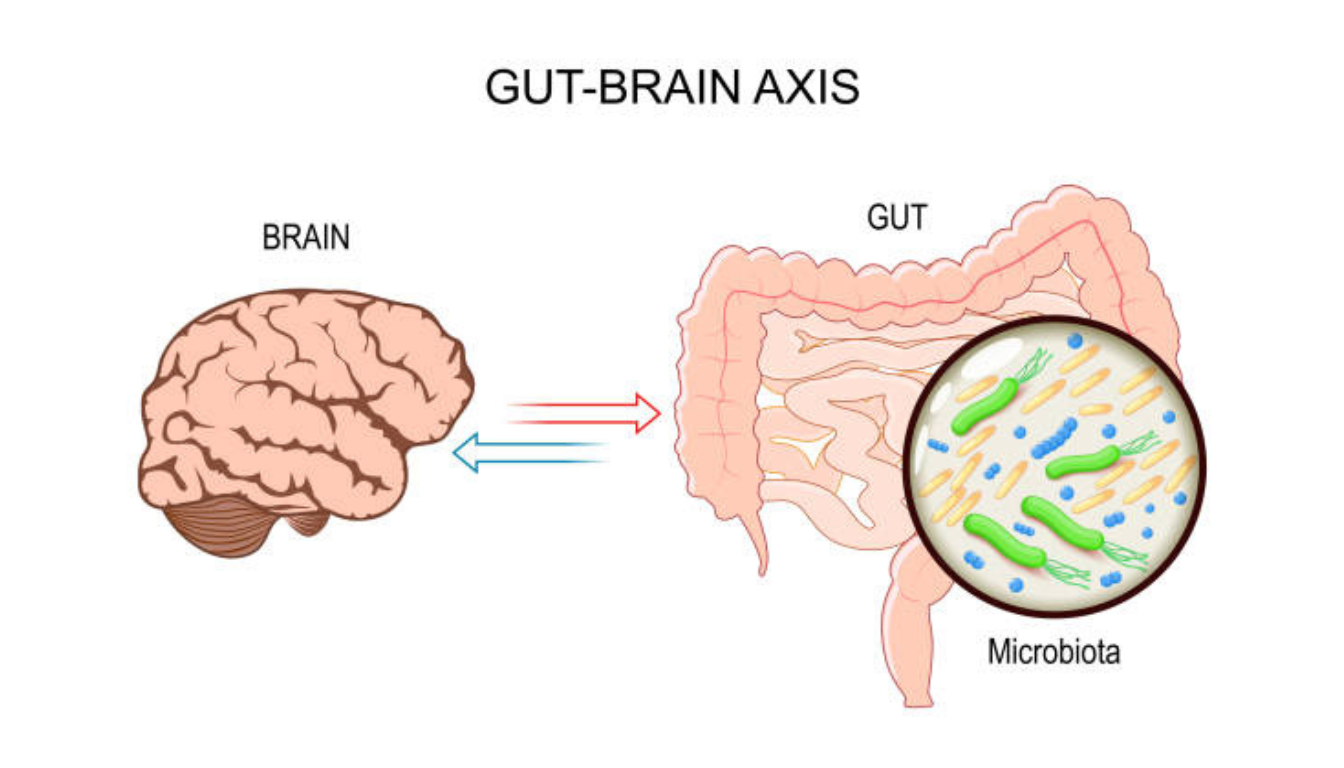

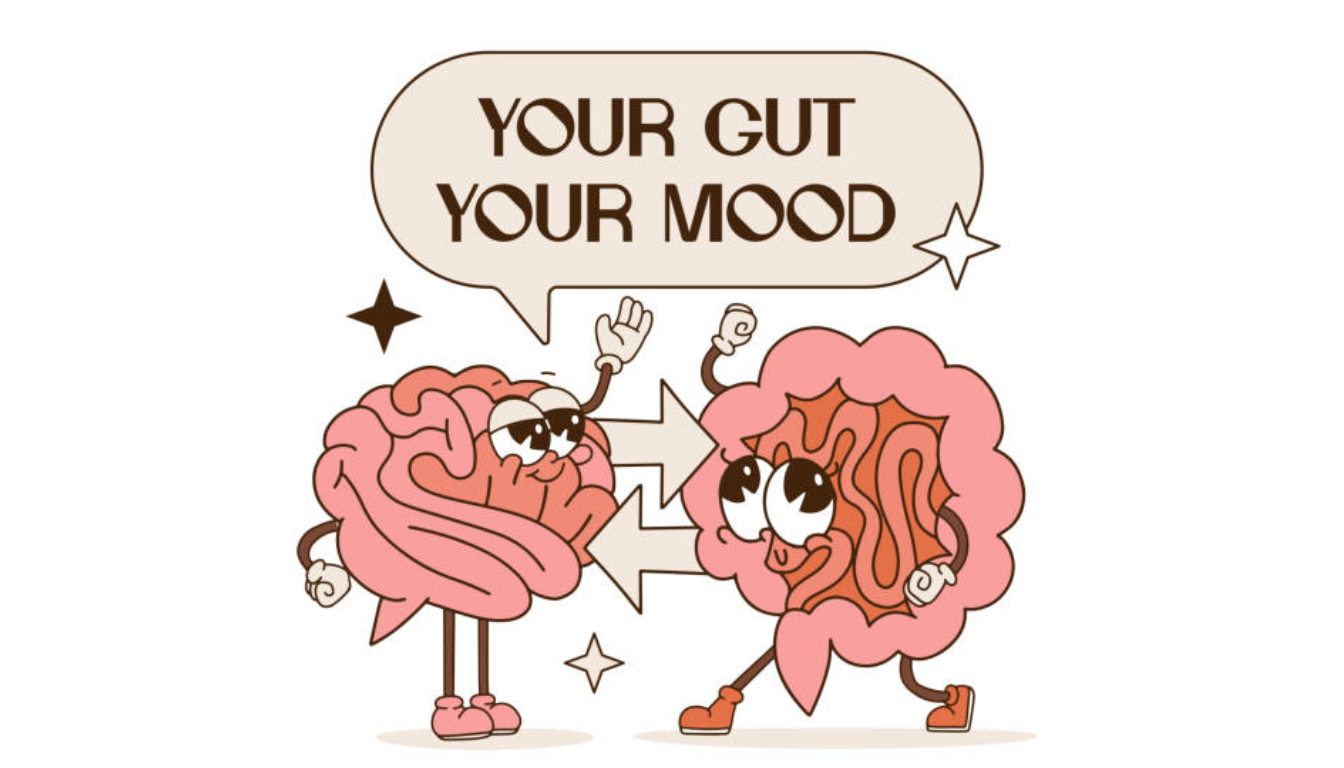




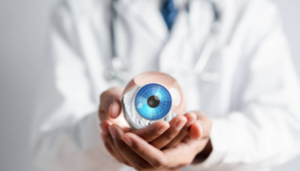

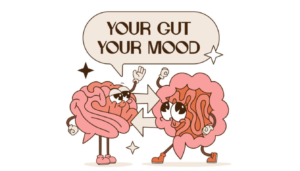



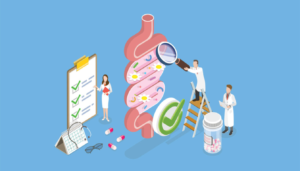
Post Comment